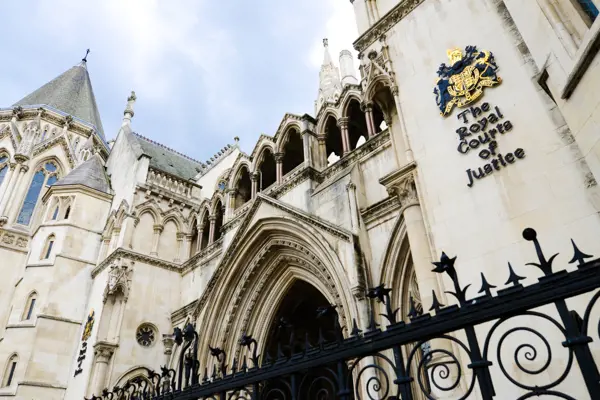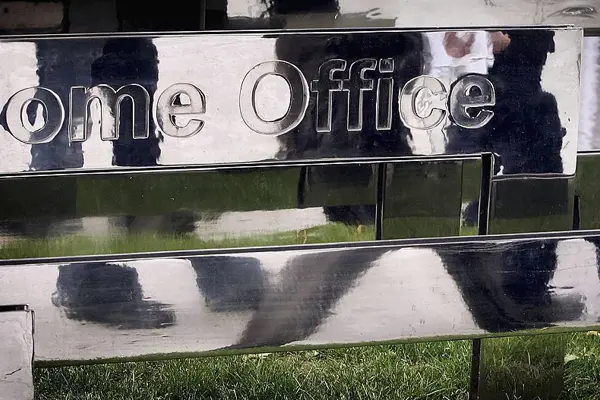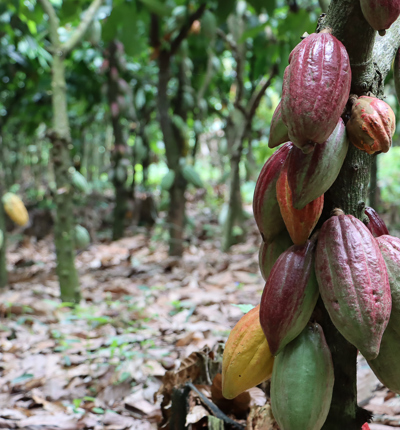
Ghanaian children accuse cocoa supplier Olam of breaching child labour laws
A group of 60 Ghanaian children aged 5 to 17 years old have taken the first steps in legal action against cocoa producer Olam, which supplies brands including Cadbury (Mondelez), Nestle, Ferrero and Starbucks, claiming the company is negligent as a result of the unlawful, exploitative and dangerous conditions in which they work. They also claim that Olam has been unjustly enriched at their expense.
Posted on 14 August 2022
In their letter before action, which is sent in advance of formal proceedings being issued and is the first step in legal proceedings, the children claim that Olam has breached international and Ghanaian laws in relation to the hazardous work they carry out. They claim that they have suffered illness and injury from their work on the cocoa farms as a result of having to use dangerous working tools including machetes and hooks, and a lack of protective equipment. They claim that they have no choice but to help their families by working on the cocoa farms because the insufficient money paid by Olam to the cocoa farmers does not allow for them to hire adult workers. This results in absences from school, food insecurity and poor living conditions.
The children all work on cocoa farms in the Western Region of Ghana that produce cocoa that is solely or mostly sold to the Olam Group. The Olam Group is an international food and agri-business, growing, trading, processing and distributing food and fibre crops to over 17,300 manufacturers, processors, retailers and food service customers worldwide. The Olam Group’s headquarters are in Singapore and in 2021 its turnover was $47 billion.
The Olam Group has a significant UK presence including the global headquarters for their cocoa business, Olam Cocoa, which supplies some of the world’s largest chocolate manufacturers, and also has its own portfolio of cocoa and chocolate ingredient brands. In Olam’s 2019-2020 Cocoa Compass Impact Report the company states “We are proud to supply leading multinationals and major chocolate confectionery businesses worldwide and to support their own sustainability ambitions. In the report Olam lists its customers as: Blommer Chocolate Company, Costco, Fazer, Ferrero, General Mills, Guittard, Läderach, Lindt & Sprüngli, Mars Inc, Mondelēz International, Nestlé, Orkla, Puratos, Ritter Sport, Starbucks, The Hershey Company.
The letter before action is addressed to Olam International UK Limited, Olam Europe Limited, Olam Food Ingredients UK Limited and Olam Ghana Limited. Any legal claim would be brought under Ghanaian law in the English courts.
The Ghanaian children, many of whom have been working on the farms since they were 4 or 5 years old, claim they have suffered physical injuries while working on the cocoa farms due to the use of sharp tools used in weeding, harvesting and cracking cocoa pods. They have also sustained reptile bites and have to deal with sharp vegetation and falling objects as well as suffering illnesses from exposure to toxic pesticides and fertilisers. They are unable to attend school for much of each academic year and when they are able to attend school they say they find it difficult to concentrate due to fatigue and feeling unwell as a result of working on the farms. During busy periods the children must work for several hours early in the morning prior and again for several hours in the afternoon on weekdays and on the weekends making them miss school and even when they do attend school they find it difficult to concentrate as they are so tired.
The letter before action, sent on their behalf by law firm Leigh Day, states that the group of children intend to bring legal action against Olam claiming that they have been negligent by breaching their common law duty of care and through their knowing and deliberate facilitation of violations of the children’s legal rights. The group also argue that Olam benefitted from unjust enrichment by earning huge profits at their expense.
The claimants argue that that Olam owe them a duty of care due to, among other things, the public statements it has made acknowledging the ongoing problem of child labour on its supplying farms and pronouncing its efforts to eradicate child labour. Olam’s corporate literature contains numerous references to the extensive steps that it claims to have taken to prevent the use of child labour and other exploitative working practices in the production of the cocoa that it uses.
In its 2019-2020 Cocoa Compass Impact Report, the CEO of Olam Cocoa announced that the company now has child labour monitoring in its direct supply chain across nine countries, including Ghana. The same report states that Olam’s goals for 2024 include “60,000 cocoa farmers in Olam Cocoa’s supplier network are achieving a living income” and by 2030 that “child labour is eliminated from our supply chain” and “150,000 cocoa farmers in Olam Cocoa’s supplier network are achieving a living income”.
According to Fairtrade, higher cocoa prices in the 1970s led to cocoa accounting for up to 50% of a chocolate bar’s value. In the 1980s this fell to 16%, and today farmers receive only around 6% of the value. A US Department of Labour backed report conducted by NORC at the University of Chicago found that 2018-19, over 50% of children in Ghana were engaged in hazardous child labour in cocoa production and that over a ten year period, child labour had increased despite commitments from the chocolate companies to end child labour in cocoa by 2020.
Oliver Holland, partner at law firm Leigh Day, said:
“It is clear from the statements that Olam has made publicly that it has been aware of the issue of child labour on its supplying farms for a considerable period and the company maintains that it is keen to pay its suppliers a living income. Despite this, it has failed to take the simple step of immediately increasing the price it pays to cocoa farmers who are still living far below the poverty line and so are left with no option but to seek help on the farms from their children in order to receive the little income cocoa farming provides to them.
“Given the huge profits that Olam reportedly earns, our clients argue that it has no justification for denying cocoa farmers a living wage which would enable them to provide for their families and leave their children free to attend school and enjoy their childhoods away from dangerous tools and gruelling work. On top of this our clients hope that by starting this legal action it will prompt other big companies that purchase cocoa from Olam to really think about whether they can consider themselves ‘ethical’ after hearing about their experiences.”
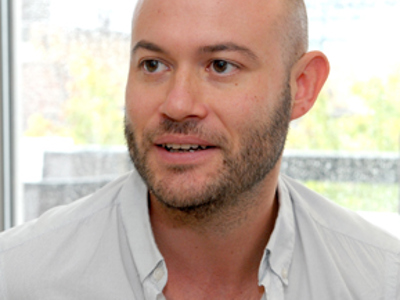
Oliver Holland
Oliver specialises in international cases involving multinational corporations where environmental harm or human rights abuses have been alleged
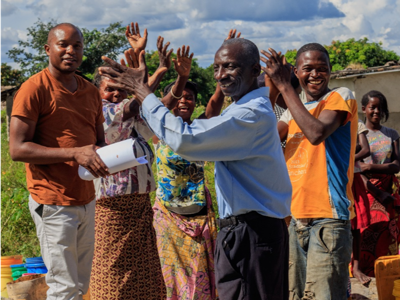
International
Leigh Day represents people from around the world in fighting for their rights against corporations and governments. We have secured justice for tens of thousands of women, men and children
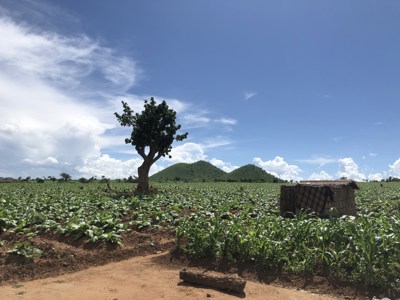
Court allows Malawian child farmer claims against British American Tobacco and Imperial to proceed
The High Court has dismissed an application to strike out the claim brought by more than 7,000 Malawian tobacco farmers against British American Tobacco and Imperial including over 3,000 children.
